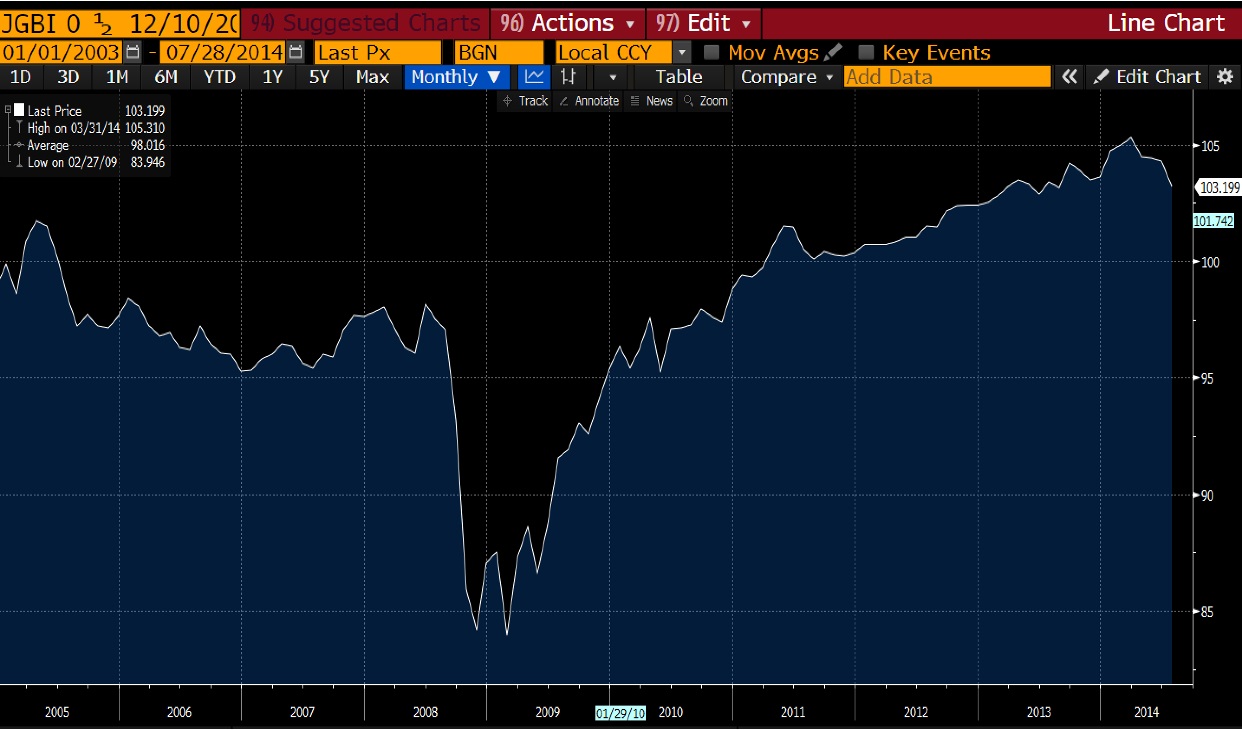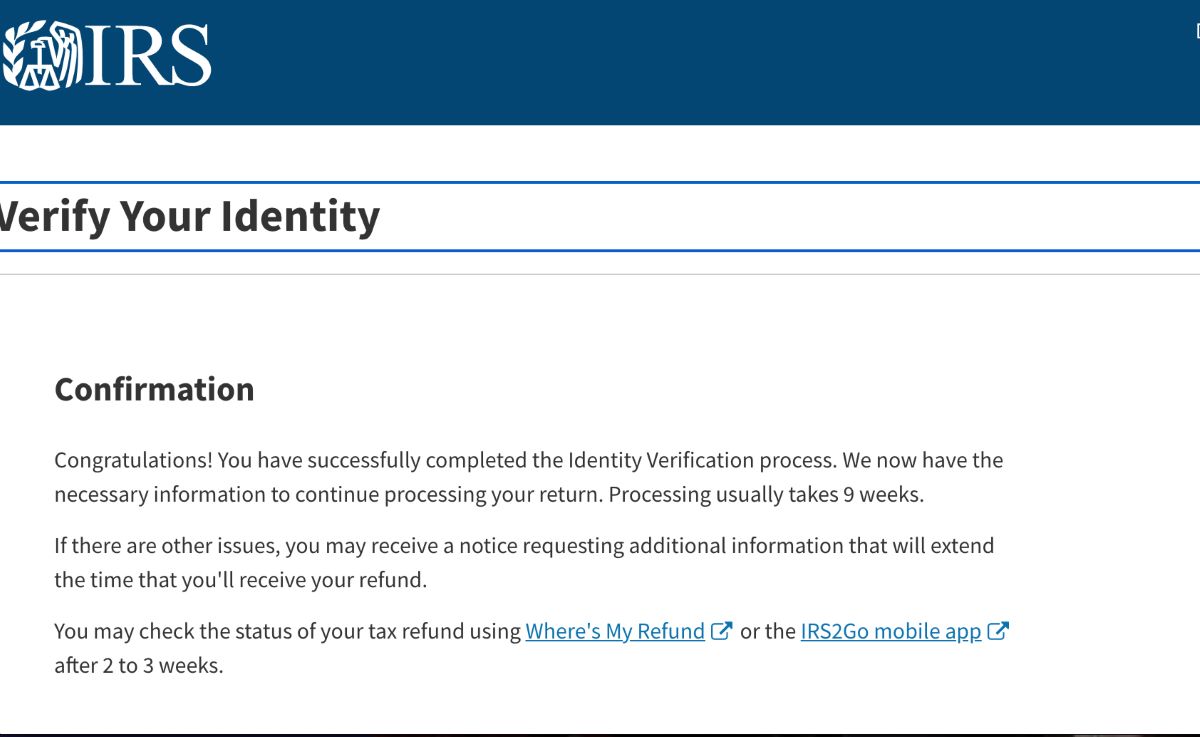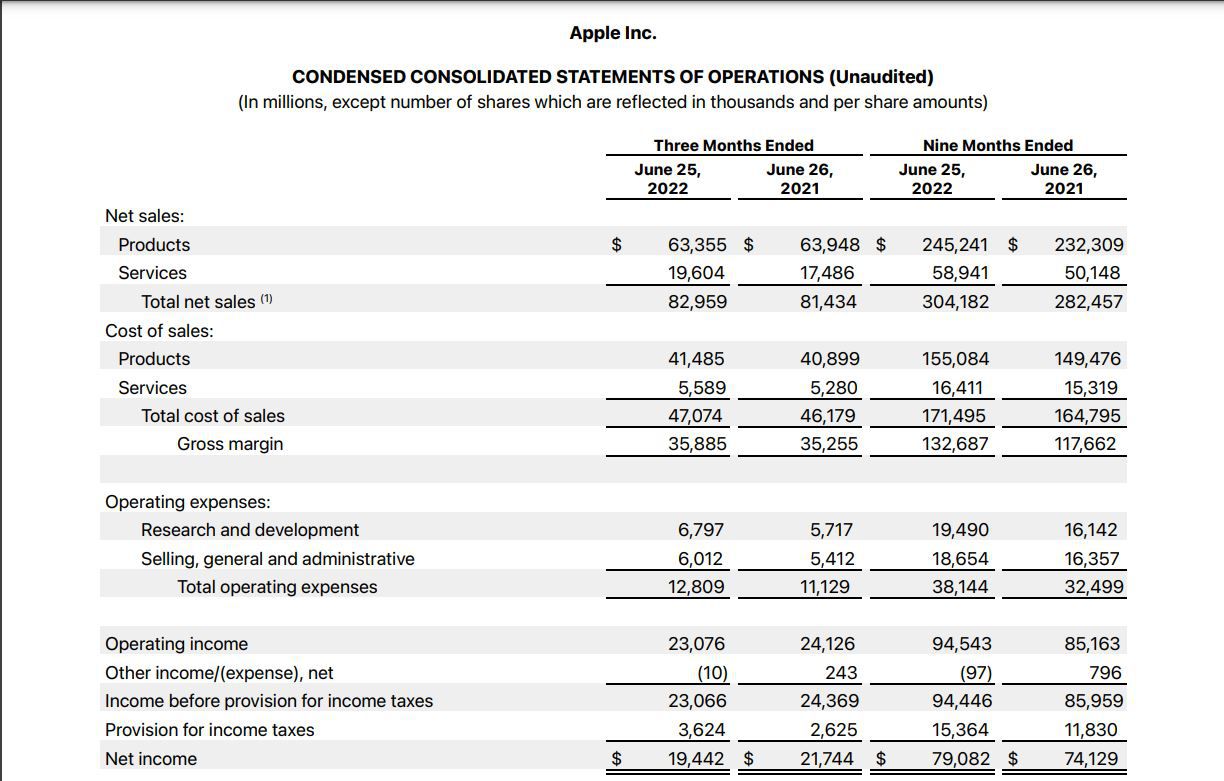Home>Finance>Corporate Inflation-Linked Securities (CILS) Definition


Finance
Corporate Inflation-Linked Securities (CILS) Definition
Published: November 3, 2023
Discover the definition of Corporate Inflation-Linked Securities (CILS) in finance and learn how they can help protect against rising prices.
(Many of the links in this article redirect to a specific reviewed product. Your purchase of these products through affiliate links helps to generate commission for LiveWell, at no extra cost. Learn more)
Understanding Corporate Inflation-Linked Securities (CILS)
When it comes to navigating the world of finance, it’s important to familiarize yourself with various types of investment options. One such option that has gained popularity in recent years is Corporate Inflation-Linked Securities, or CILS. In this blog post, we will dive into the definition of CILS, how they work, and why they can be a valuable addition to your investment portfolio.
Key Takeaways:
- CILS are investment vehicles that are designed to protect against inflation.
- These securities are tied to inflation indexes, such as the Consumer Price Index (CPI), to ensure that their value adjusts with changes in inflation rates.
So, what exactly are Corporate Inflation-Linked Securities? CILS are investment instruments issued by corporations that are linked to inflation. Unlike traditional bonds and securities that have fixed interest rates, CILS have interest payments and principal values that adjust with changes in inflation rates.
Corporate Inflation-Linked Securities are usually tied to inflation indexes, such as the Consumer Price Index (CPI), which measures changes in the cost of goods and services over time. This ensures that the value of CILS keeps pace with inflation, providing investors with protection against rising prices.
One of the main benefits of investing in CILS is their ability to preserve purchasing power. As inflation erodes the value of traditional fixed-income investments, CILS can help maintain the real value of your money. Additionally, these securities typically offer a predictable income stream, as the interest payments adjust with changes in inflation.
Another advantage of CILS is their diversification potential. By adding Corporate Inflation-Linked Securities to your investment portfolio, you can protect against inflation while spreading your risk across different asset classes. This can be particularly beneficial during periods of high inflation, as CILS tend to perform well when inflation rates rise.
It’s important to note that, like any investment, CILS come with their own set of risks. For instance, if inflation remains low or decreases, the returns on inflation-linked securities may be lower than those of traditional fixed-income investments. Additionally, market factors and changes in interest rates can cause fluctuations in the value of CILS.
In conclusion, Corporate Inflation-Linked Securities (CILS) provide investors with a valuable tool to protect against inflation and preserve purchasing power. By linking their value to inflation indexes, such as the Consumer Price Index, these securities offer a predictable income stream that adjusts with changes in inflation rates. While they come with their own risks, CILS can be a diversification strategy worth considering to hedge against inflation and maintain the value of your investments.














